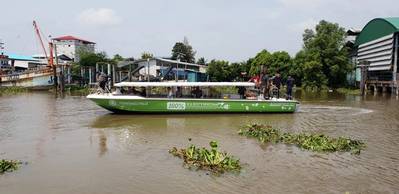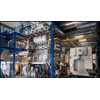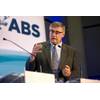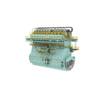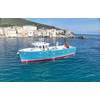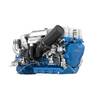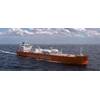Thailand's First Electric Ferry Fleet Enters Service
Thailand's first fleet of electric commuter ferries was placed into service last week by the Bangkok Metropolitan Authority (BMA), bringing clean emissions-free passenger transport to one of the world's most congested cities. Seven new vessels joined the first test boat, which has been successfully transporting Bangkok residents since 2018.
The 30-passenger, zero-emission water taxis are part of a fleet operated by BMA's Enterprise Krungthep Thanakom Company (KT BMA), which operates on a five-kilometer route daily, providing a critical transport link between the express ferry on the Chao Praya river, the Saen Saep canal boats and the MRT subway station at Hua Lampjong.
The 47.5-foot fiberglass vessels were repowered by MariArt Shipyard, replacing 205-horespower diesel engines with twin Torqeedo Cruise 10-kilowatt electric outboards, 12 Power 24-3500 lithium batteries and four fast chargers. The high-tech vessels depart every 15 minutes, are fully accessible for wheelchair users and offer bicycle storage.
"This is an important achievement for the city of Bangkok and a key part of our Thailand 4.0 Smart City vision for an integrated clean, green public transportation system including bus, rail and waterways," said Dr. Ekarin Vasanasong, deputy managing director of KT BMA, on the occasion of the first ferry's launch.
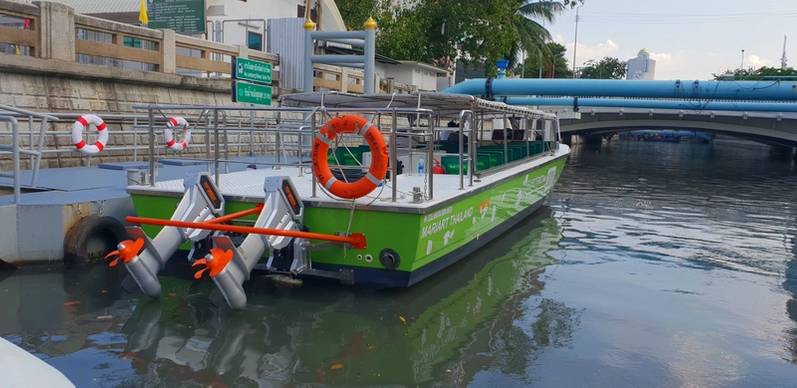 (Photo: Torqeedo)
(Photo: Torqeedo)
Globally, ferries have been among the first vessels to transition toward cleaner-running hybrid and electric propulsion solutions due to their proximity to residential areas and operational profiles well-suited for battery technology.
Improving transportation and air quality are enormous challenges for the BMA. Bangkok was recently named the world's most congested city by navigation company TomTom: millions of automobiles, tuk-tuks and motorbike taxis crowd the streets, and the average Bangkok resident spends more than 64 hours a year in traffic jams. The transport sector contributes a quarter of Bangkok's carbon emissions – higher than the global average – and the city's schools were temporarily closed last year due to extremely poor air quality.
"Adding electric ferries to the intermodal public transport plan accomplishes the Bangkok Metropolitan Authority's goals in two ways: moving passengers from roads to the waterways reduces congestion and, since the boats are 100% emission-free, they don't contribute to harmful local air pollution," said Dr. Michael Rummel, Torqeedo's managing director. "Electric passenger vessels are also quiet, vibration-free, and an enjoyable way to travel through this beautiful city."
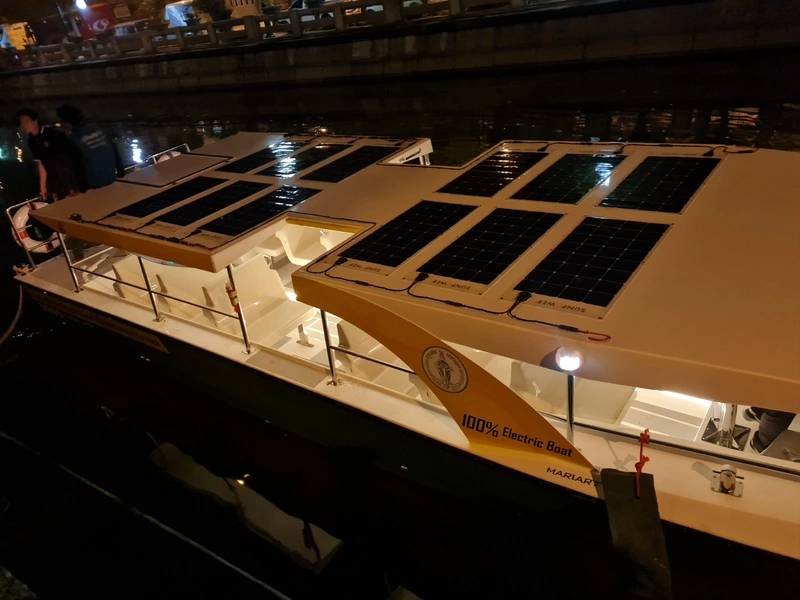 (Photo: Torqeedo)
(Photo: Torqeedo)


